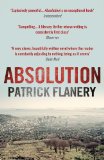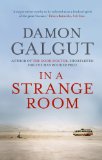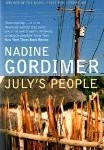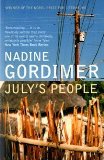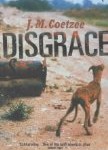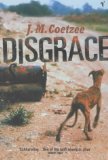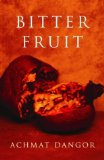Five words from the blurb: South Africa, past, family, crimes, truth
Absolution is set in post-apartheid South Africa and looks at truth, censorship and whether or not it is possible to forgive past mistakes.
The book concentrates on Clare Wald, a South African novelist, who has decided to commission a biography of her life. She hires Sam to write the book and it quickly becomes obvious that they have a shared past. The connections between them are slowly revealed through a multi-layered narrative that is often confusing and contradictory.
Until these interviews began, in my mind she was her surname, a name acquired through a marriage that has now ended. Wald meaning ‘forest’, ‘woods’, ‘wood’ or simply ‘timber’. The surname has made me think of her and her work in this way – a forest of timbers that might be put to some practical use. Out of the forest emerges the person I’ve created in my head: half-ogre, half-mother, denying and giving, bad breast and good breast, framed by wood or woods. I try to find my place again in the list of questions I’ve prepare, questions that now seem rude, reductive, too peremptory, too simplistic and ungenerous in what they appear to assume.
The writing in the book was of a very high quality and individual scenes were vivid and packed with atmosphere, but I disliked the disjointed nature of the narrative. I appreciated what the book was trying to achieve, but the structure meant I was often frustrated. I disliked being continually misled and ended up feeling I couldn’t trust anything that was being said. This led me to disconnect from the characters, so I failed to have an emotional response to the text.
The book feels like an accurate depiction of modern South Africa and it brings up many interesting moral questions. There is a lot to like, but I felt that understanding everything was too onerous a task. Sometimes less is more.
Recommended to fans of literary fiction who enjoy piecing together a complex narrative.

.
The thoughts of other bloggers:
…a complicated but beautiful book about the secrets that some people try to leave behind. A Bookish Affair
…a staggering, wonderful and accomplished book. Boston Bibliophile
It’s a book that asks difficult moral questions for which there may never be any satisfactory answers. Literary Corner Cafe
